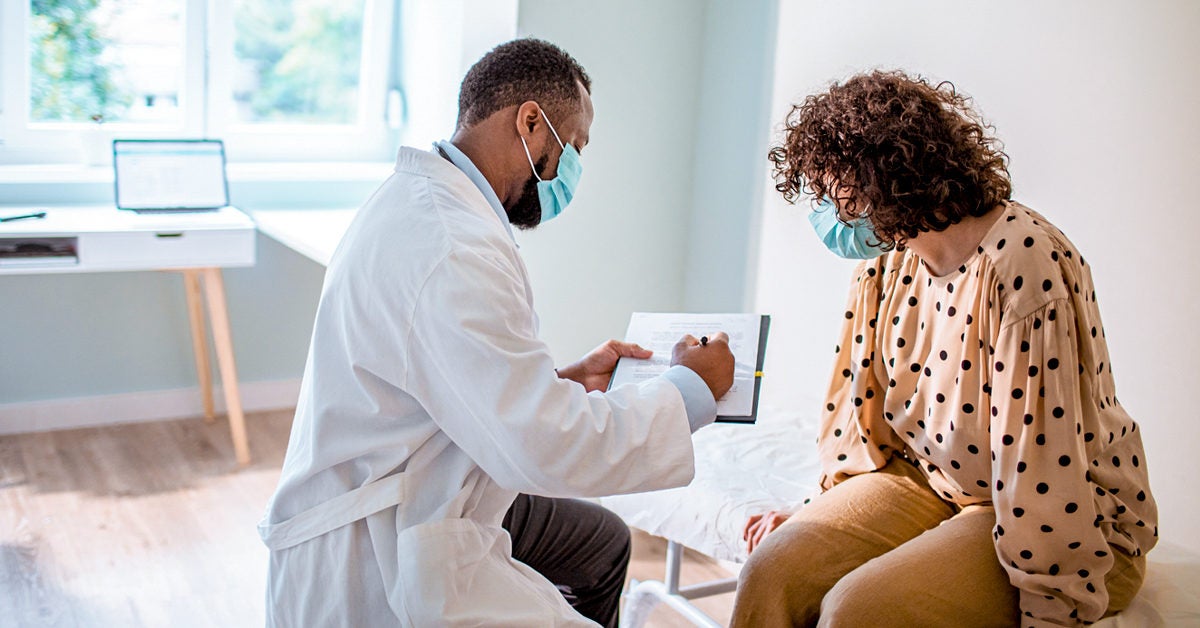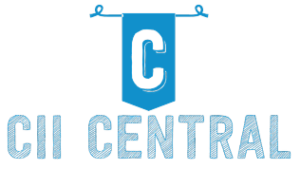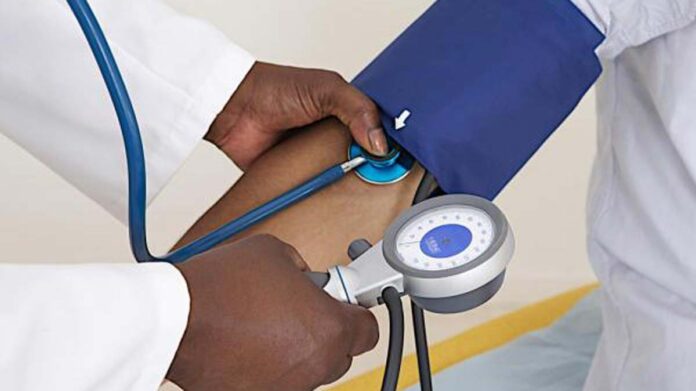The human body is a complex and delicate system, but with the right care, it can remain healthy and strong. The power of prevention lies in understanding which medical tests are essential for overall well-being.
Identifying potential health issues before they become serious can be life-changing, allowing us to take control of our bodies and safeguard against illness or injury. In this article we will explore the importance of preventive medicine, uncovering why certain medical tests are key to protecting ourselves from harm.
With this knowledge in hand, we can take proactive steps towards living healthier lives today and into the future.
Uncovering the Necessary Medical Tests for Every Stage of Life
As we age, our bodies change and that necessitates different medical tests for each stage of life. From the earliest stages of childhood to the later years when retirement looms, it’s important to ensure that any necessary medical tests are conducted to prevent illness or detect conditions earlier on.
To uncover what those essential tests may be, it is wise to consult a doctor or healthcare professional who can provide advice tailored to individual needs. The power of prevention cannot be underestimated – early detection is key when it comes to treating certain illnesses.
For example, regular mammograms can help women detect breast cancer early; similarly, prostate exams are essential for men over 50 as they become more susceptible to this form of cancer with age. Likewise, an annual physical exam should be part of everyone’s routine health care plan regardless of their age so that any potential issues can be addressed sooner rather than later.
In addition, children require specific screenings depending upon their developmental stage – from hearing and vision checks during newborn visits up until adolescent growth spurts which might warrant further testing such as bone density scans or bloodwork related to hormone levels. By being aware ahead and understanding what types of medical tests are relevant at every point in life, individuals can better manage their healthcare process effectively and confidently going forward into adulthood and beyond!
Understanding the Impact of Early Detection

Early detection plays an incredibly important role in preventing long-term medical complications. When symptoms are identified early on, it’s much easier to manage the condition and stop it from progressing further.
More importantly, early detection can significantly reduce the risk of death or disability caused by undiagnosed conditions. As such, understanding the impact of early detection is essential for all individuals seeking to maintain their health and well-being.
From an individual perspective, being aware of potential signs and symptoms associated with a particular condition can help initiate treatment before the situation becomes more serious. Moreover, regular checkups with your doctor are also key in ensuring any underlying issues are monitored over time so that necessary action can be taken if needed.
Additionally, certain tests may even be recommended as part of preventative care depending on age or family history – these should always be discussed with your healthcare provider before having them done. At a population level meanwhile, increased access to screenings and preventive services have been linked with improved public health outcomes as well as reduced mortality rates across many medical conditions – making clear how vital proactive testing can be for entire communities too.
This underscores why knowledge about early detection methods must become more widespread; both for our benefit but also that of others around us who might not have access to this information otherwise.
Maximizing Your Health with Regular Screenings
Regular screenings are an essential part of maintaining good health. Medical tests such as blood pressure, cholesterol and glucose levels, cancer screenings, and physical examinations can help diagnose diseases early on when they are most treatable. By taking the proactive step of getting tested regularly, you can identify potential problems before they become serious issues.
Regular testing also allows for quicker diagnosis and treatment if a problem is detected. This helps reduce the risk of long-term complications or even death due to undiagnosed conditions.
Making sure to keep up with your appointments is key to maximizing your health through regular screenings.
Keeping Track of Vital Signs Through Routine Testing

Routine medical tests are essential for catching any potential health issues before they become more serious. Keeping track of vital signs through regular testing is an important part of preventative care, and can help individuals gain insight into their overall health.
Testing helps to detect changes in body functions which can indicate underlying conditions that need further investigation. Regular check-ups can also alert you to lifestyle changes or medications that might be necessary to maintain good physical and mental well-being. By staying on top of your health with routine testing, you’re taking a proactive approach to keeping yourself healthy and avoiding long-term problems.
Conclusion
Preventative health is the cornerstone of living a long and healthy life. Regular medical check-ups are essential to ensure that any potential health problems can be addressed early on, providing an excellent opportunity for maintaining good overall health.
Bester Kardiologe München provides excellent services in preventive care, such as physical examinations and screenings, which help identify risk factors associated with many diseases. Knowing your risks ahead of time can empower you to take steps towards reducing them or managing them better.
Overall, the power of prevention cannot be understated – regular check-ups are invaluable when it comes to preserving our well-being over time.





